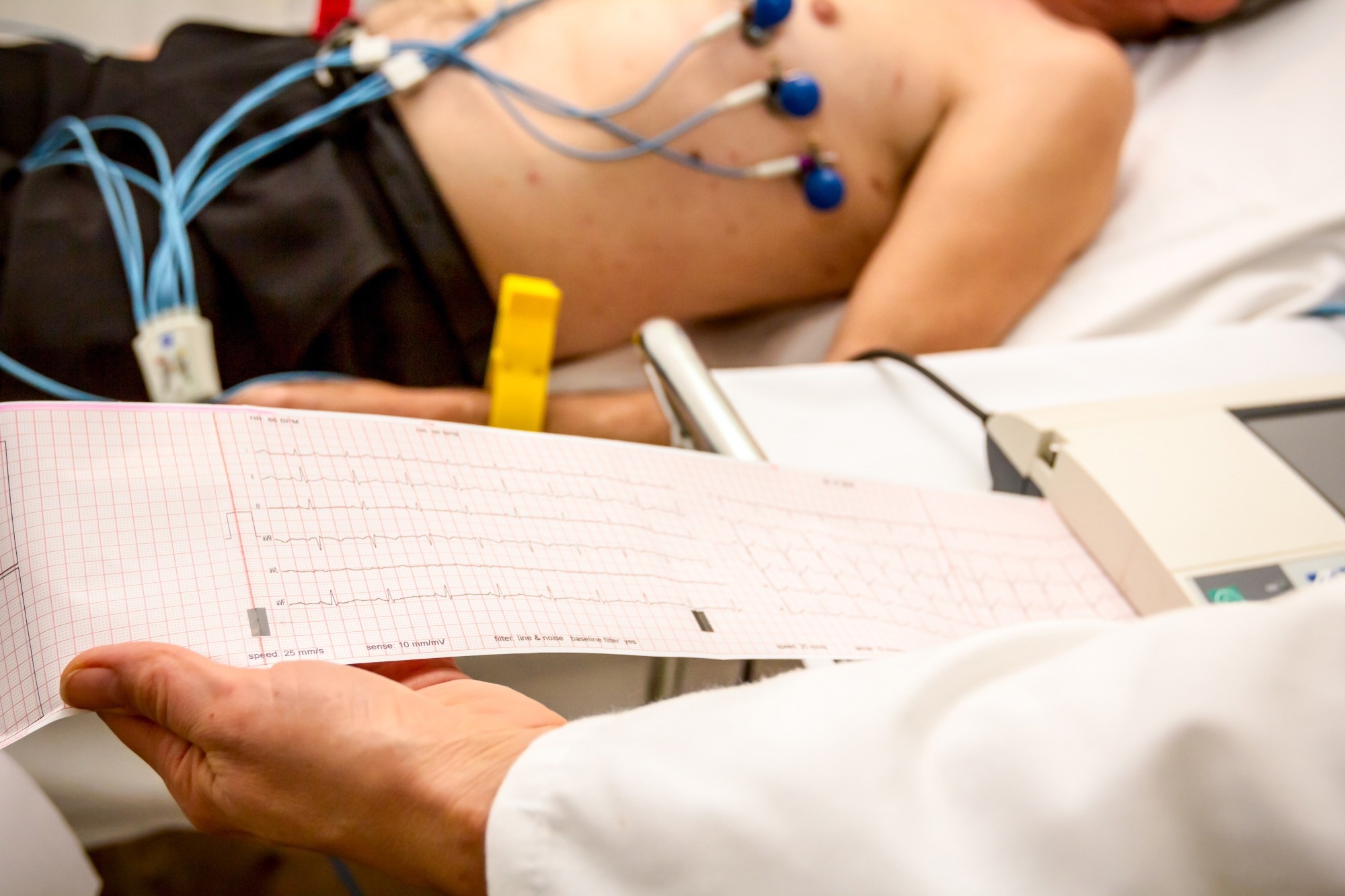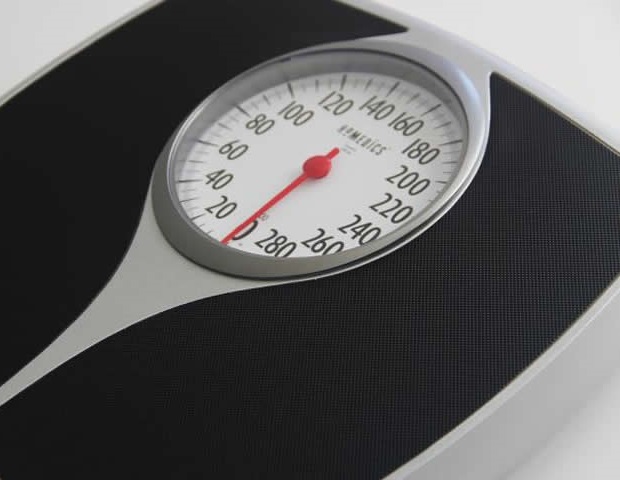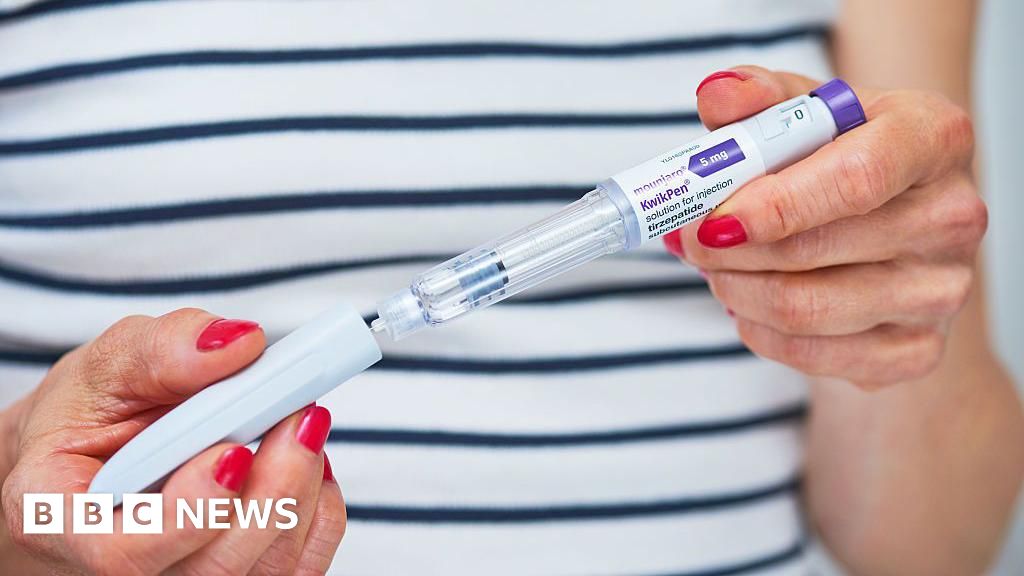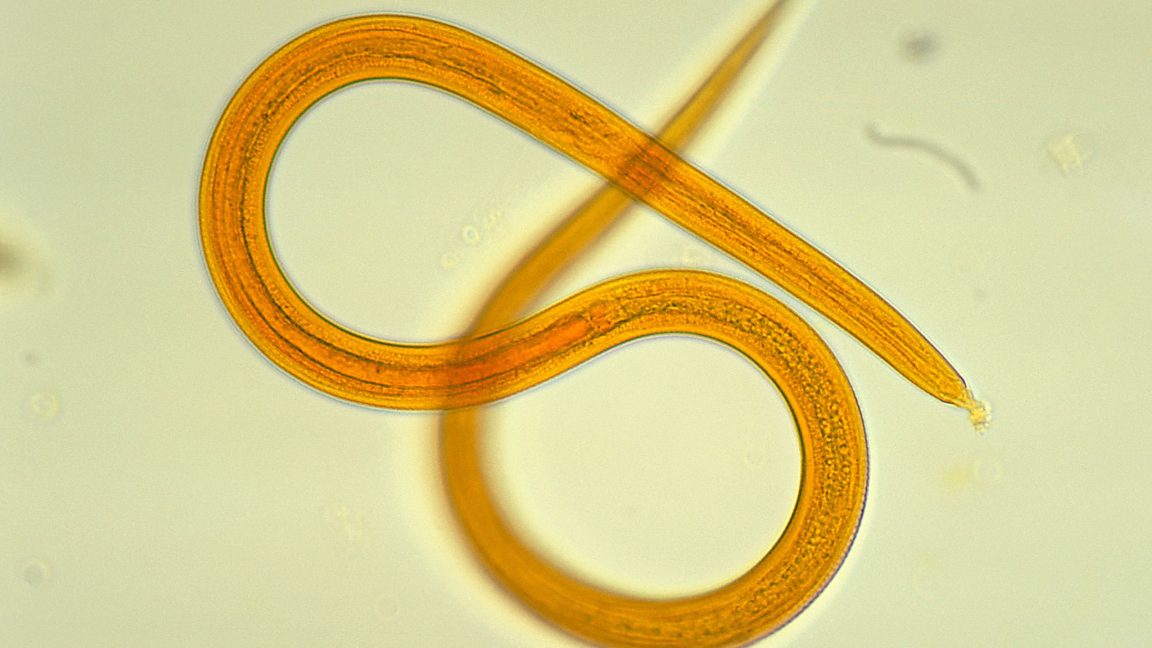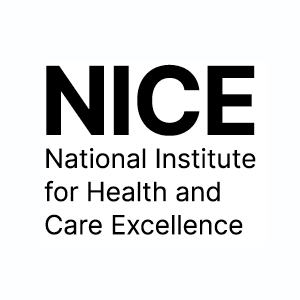Breakthrough Clinical Trial Offers New Hope for Patients with Structural Shock
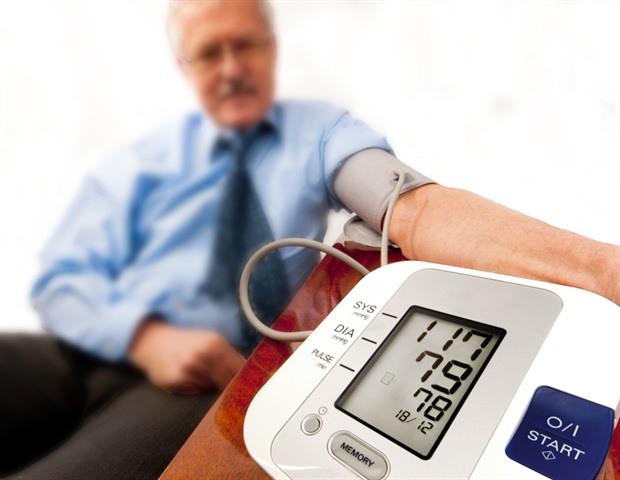
A groundbreaking clinical trial conducted by the HonorHealth Research Institute has yielded promising results for patients suffering from a life-threatening condition known as "structural shock." Over the span of eight years, this trial demonstrated that a remarkable 86% of participants survived at least three months after treatment, and 73% maintained their survival for six months. These findings were presented by Dr. David G. Rizik, head of the Cardiovascular Research Division at the Institute, at the New York Valves 2025 conference, a significant event focusing on the advancements in the treatment of structural heart disease.
The New York Valves conference, held at the Jacob K. Javits Convention Center, has quickly gained recognition as the world’s leading gathering for discussing structural heart disease—a category that encompasses various conditions affecting the heart's valves, walls, chambers, and muscles. Within this context, structural shock, a type of cardiogenic shock typically resulting from damage to major heart valves, has become a focal point for innovative research and treatment approaches.
Dr. Rizik highlighted that cardiogenic shock is often triggered by heart attacks due to arterial blockages. However, the trial sheds light on another underlying cause: structural shock, which frequently involves damage to two critical heart valves—the mitral valve and the aortic valve. The mitral valve is essential for regulating blood flow from the lungs to the left ventricle, the heart's largest chamber, while the aortic valve controls blood flow from the left ventricle into the body’s circulatory system.
Many patients suffering from structural shock are not candidates for traditional surgical interventions, as they typically arrive at emergency departments in a state referred to as "cardiogenic shock," where their health condition renders them too fragile for open-heart surgery. Dr. Rizik's research highlights the innovative techniques employed at the HonorHealth Institute, where patients were treated in a specialized cardiovascular catheterization laboratory instead. Here, specialists utilized advanced devices to perform two minimally invasive procedures: repairing the mitral valve with a clip to prevent blood from leaking into the lungs, and implanting a motorized impeller to enhance blood flow from the left ventricle into the aorta.
Dr. Rizik noted that historically, more than 90% of patients diagnosed with cardiogenic shock did not survive, making these new techniques a formidable advancement in cardiology. He referred to this area of clinical investigation as a "brand new frontier," attributing the success of the trial to an unprecedented collaboration among various heart specialists at the Institute, including cardiologists and cardiovascular surgeons, along with imaging and critical care experts.
The research paper detailing these findings, titled "Mitral Transcatheter Edge-to-Edge Repair and Mandatory Mechanical Circulatory Support in Patients With Structural Shock" has been published in the Journal of the Society for Cardiovascular Angiography & Interventions (JSCAI). Dr. Rizik aims to expand on the initial findings from this trial, which involved 30 cases, by collaborating with additional medical centers to embark on a larger clinical trial that will include hundreds of patients in the quest to refine non-surgical treatment techniques for structural shock.
It's important to note that structural shock can affect patients of all ages, with younger individuals potentially experiencing it due to genetic factors and older patients often suffering from progressively deteriorating heart valves and chronic damage to heart muscle. The New York Valves 2025 conference provides a unique platform for professionals in the field—including interventional cardiologists, cardiac surgeons, and heart failure specialists—to engage in live demonstrations, interactive discussions, and hands-on training aimed at advancing treatment methodologies in this critical area of cardiology.










